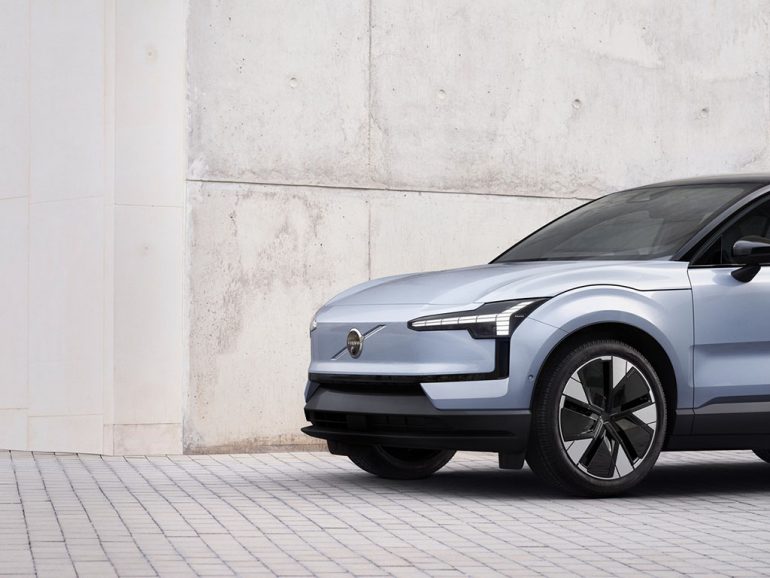
Volvo is making a significant move towards its ambitious goals of becoming an all-electric brand by 2030 and achieving climate neutrality by 2040. The automaker has officially declared that it will cease production of diesel powertrains by early 2024, marking the end of an era that began in 1979.
During Climate Week NYC, Volvo made this announcement as part of its commitment to reducing its carbon footprint and embracing electric mobility. While the brand had already stopped selling diesel engines in the United States some years ago, diesel-powered models like the XC60 and XC90 remained popular in other markets, especially in Europe where, in 2019, a substantial portion of Volvo’s sales were diesel-driven.
This decision was foreshadowed by the introduction of the Volvo S60, which became the first model to exclude a diesel powertrain option. Hakan Samuelsson, then-CEO of Volvo, emphasized the company’s commitment to an electric future, stating, “Our future is electric, and we will no longer develop a new generation of diesel engines. We will phase out cars with only an internal combustion engine, with petrol hybrid versions as a transitional option as we move towards full electrification. The new S60 represents the next step in that commitment.”
The cessation of diesel development aligns with Volvo’s earlier moves in this direction. In 2022, the company sold its stake in Aurobay, a joint venture that held the last of Volvo’s combustion engine assets. Furthermore, Volvo had already discontinued the development of new combustion powertrains in the previous year, underlining its dedication to sustainable alternatives.
Looking back, Volvo’s diesel history is noteworthy. It began when Volvo licensed 2.0-liter diesel engines from Volkswagen for use in the Volvo 240 in 1979. This partnership extended well into the 2000s, but by 2001, Volvo had started developing its own diesel powertrains. Notably, Volvo’s diesel motors were renowned for their 2.4-liter inline five-cylinder engines, which offered a distinctive sound and ample torque.
In 2013, Volvo transitioned to its new Drive-E modular engine architecture, introducing downsized three- and four-cylinder diesel motors. Additionally, Volvo achieved a significant milestone by unveiling the world’s first plug-in hybrid diesel powertrain in a Volvo V60. However, this momentum came to a halt in 2018 when Volvo announced the cessation of diesel development.

Lloyd Tobias is a seasoned automotive journalist and passionate enthusiast with over 15 years of experience immersed in the world of cars. Whether it’s exploring the latest advancements in automotive technology or keeping a close pulse on breaking industry news, Lloyd brings a sharp perspective and a deep appreciation for all things automotive. His writing blends technical insight with real-world enthusiasm, making his contributions both informative and engaging for readers who share his love for the drive. When he’s not behind the keyboard or under the hood, Lloyd enjoys test driving the newest models and staying ahead of the curve in an ever-evolving automotive landscape.